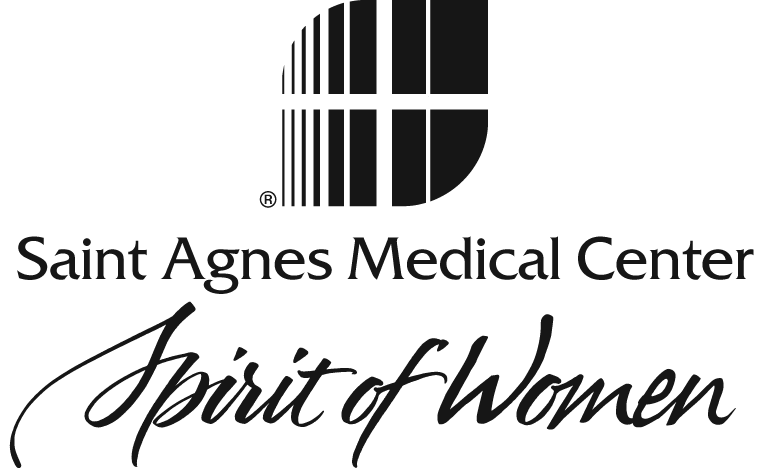Mind Over Matter When it Comes to Better Health
Mind over matter isn’t just a clever turn of phrase—it’s also a great strategy for becoming healthier.
Psychologists at Yale University have found that people who were positive about aging lived an average of 7.5 years longer than those who regretted the passing years. And research from the University of Wisconsin at Madison found a link between lower cardiovascular risk among those with positive outlooks. To experience the real-life benefits of “envisioning” yourself as a healthier, happier person, try these three popular techniques.
Meditation
While meditation may have its roots in Buddhism, the practice of focusing your attention on one thought doesn’t have to be linked to any particular religion or belief. Simply sitting in a comfortable, quiet place and concentrating on your breath or on one thought–rather than everyday concerns like work or making dinner–can create a lasting change in your mindset. Studies have found meditation to be successful at lowering blood pressure and stress levels along with boosting the immune system, all of which may impact other health factors.
Self-help books
It might seem like self-help books are a dime a dozen, but finding the right one can help you clarify your health goals, create a plan for achieving your goals, and take tangible steps to work toward success. Your physician or a behavioral healthcare professional may also be able to recommend self-help books for specific health and lifestyle issues.
Guided imagery
Guided imagery is similar to meditation, except that the focus of your thought is a physical part of the body you’d like to strengthen. While it can’t cure disease on its own, the process of picturing a healthy heart or a svelte body can lower stress levels and help you “see” what it would feel like to be well. This attitude can empower you to take steps to turn the imaginary into reality. You can practice guided imagery with help from a trained coach, books, or recordings.
